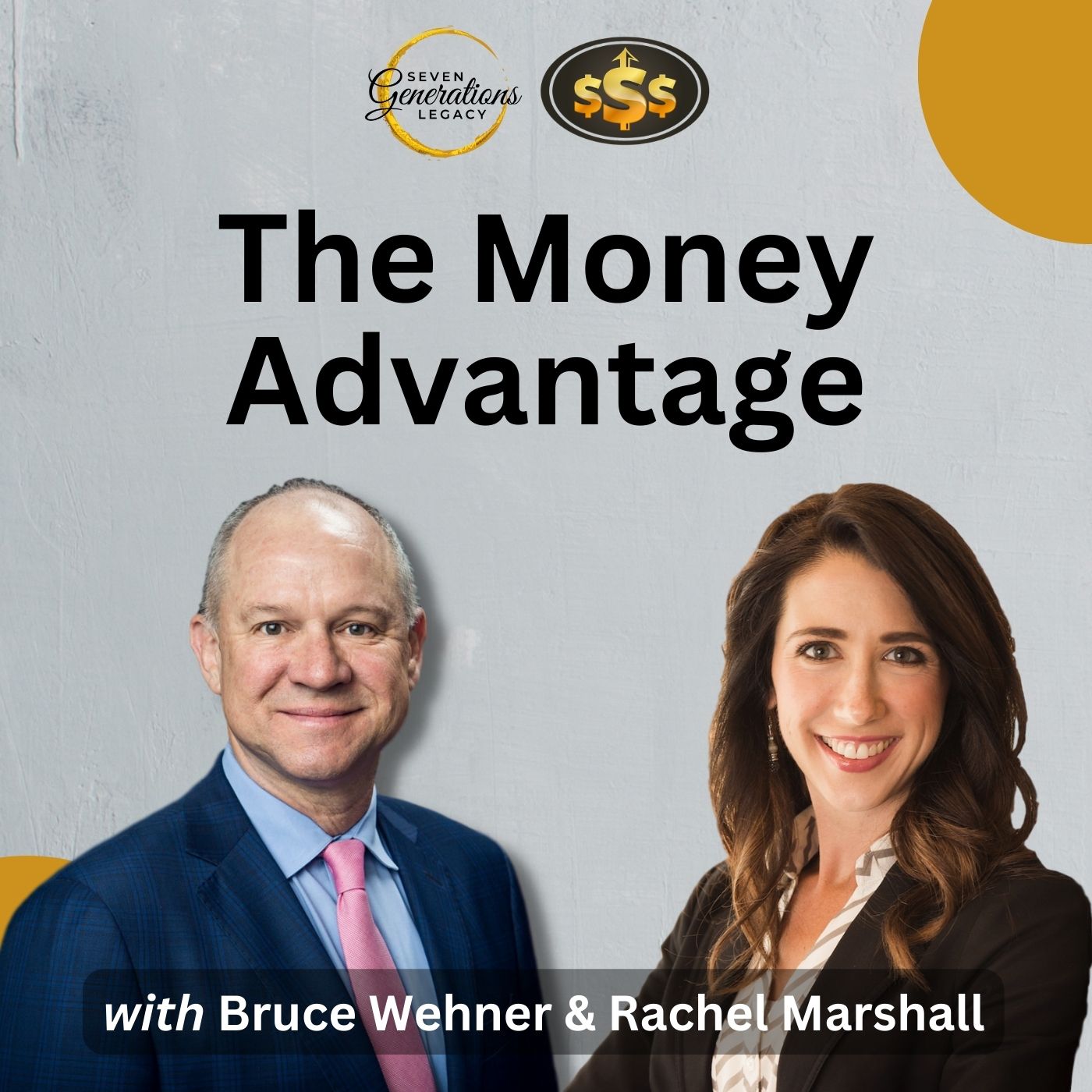- After-Shows
- Alternative
- Animals
- Animation
- Arts
- Astronomy
- Automotive
- Aviation
- Baseball
- Basketball
- Beauty
- Books
- Buddhism
- Business
- Careers
- Chemistry
- Christianity
- Climate
- Comedy
- Commentary
- Courses
- Crafts
- Cricket
- Cryptocurrency
- Culture
- Daily
- Design
- Documentary
- Drama
- Earth
- Education
- Entertainment
- Entrepreneurship
- Family
- Fantasy
- Fashion
- Fiction
- Film
- Fitness
- Food
- Football
- Games
- Garden
- Golf
- Government
- Health
- Hinduism
- History
- Hobbies
- Hockey
- Home
- How-To
- Improv
- Interviews
- Investing
- Islam
- Journals
- Judaism
- Kids
- Language
- Learning
- Leisure
- Life
- Management
- Manga
- Marketing
- Mathematics
- Medicine
- Mental
- Music
- Natural
- Nature
- News
- Non-Profit
- Nutrition
- Parenting
- Performing
- Personal
- Pets
- Philosophy
- Physics
- Places
- Politics
- Relationships
- Religion
- Reviews
- Role-Playing
- Rugby
- Running
- Science
- Self-Improvement
- Sexuality
- Soccer
- Social
- Society
- Spirituality
- Sports
- Stand-Up
- Stories
- Swimming
- TV
- Tabletop
- Technology
- Tennis
- Travel
- True Crime
- Episode-Games
- Visual
- Volleyball
- Weather
- Wilderness
- Wrestling
- Other
Becoming Your Own Banker, Part 7: How to Beat Parkinson’s Law and the Greatest Thief
Even if you make lots of money, there's a central flaw in human nature that prevents most people from handling, managing, and keeping it. If you conquer that, there are forces against you. In part 6 of the "Becoming Your Own Banker" series, we'll deep dive into the inner conflict of Parkinson's Law, and the outer battle of taxation ... and show you how to conquer both. https://www.youtube.com/watch?v=v1HtuqTI-vA Join us as we continue the conversation about whole life insurance and the Infinite Banking Concept through Nelson Nash's book, "Becoming Your Own Banker," today! [power press] Re-Think Your ThinkingWhat is Parkinson’s Law? Why Your Income Doesn’t MatterHow Does Parkinson’s Law Affect Infinite Banking?Book A Strategy Call Re-Think Your Thinking When you think you know it all, you close yourself off to learning. This can be a dangerous path, because there’s a wealth of knowledge in the world, and you might miss out on major, powerful changes. This is especially applicable to the financial advice you see and hear out in the world. Don’t take it at face value. It’s important to take responsibility for your thoughts and question everything. Examine it, educate yourself, and get to the truth. This is how you find what works, and make progress. [6:00] “I think if [people are] really trying to be successful with their families and whatever that means to them… you really need to start by looking inside yourself and taking personal responsibility.” No one is going to take responsibility for you. It’s up to you to decide how you’re going to process and apply the information you hear, including separating facts from fiction. Your knowledge and your mindset are your human capital, and it’s how you apply that capital to your actions that drives success. [7:57] “When anything is seen as not as measurable, not as concrete, not as data-driven, not as analytical, not as rational… not as objective, it seems like it can’t be as important. But the truth is [that] what’s inside of us is really what drives our success or lack of success.” What is Parkinson’s Law? [16:38] “Parkinson’s Law, at its core, states that work expands to meet the time envelope allowed.” In other words, whatever time you have available, you will naturally fill with work. So if you give someone a 3-day deadline or a 30-day deadline, that person will use the full time to accomplish that objective. Humans can be more efficient or more innovative because they’ll either expand or shrink the scope of a project based on the time allotted. What Nelson did is recognize how this law applies to money. When we have money, our expenses rise to meet that. So the more you earn, the more you spend. If you’ve ever gotten a raise and felt like it disappeared, you can thank Parkinson’s law. It’s human to want to spend money. Yet, we cannot keep chasing higher incomes in order to buy more things. It’s impossible to get ahead that way, because of Parkinson’s law–you will always find ways to consume if you have that mindset. If you really want to get ahead, you must learn to delay gratification and resist the temptation to spend everything you have. You must live below your means. Why Your Income Doesn’t Matter The thing about Parkinson’s Law is that we are all capable of succumbing to it, regardless of income. Whether you make $20,000 or $200,000, or even beyond that. If you think you can out-earn Parkinson’s Law, then you’ve already adopted that mindset. The problem is that when you believe you can just earn more money to make our spending issues disappear, that mindset sticks with you. So if you get a $50,000 raise, your benchmark just changes. Suddenly you find yourself with an extra car payment or a new subscription. It’s human to want to spend, but you've got to overcome that to get ahead. As Nelson would often say, a luxury once enjoyed feels like a necessity. It’s hard to give up luxuries once you experience th...

